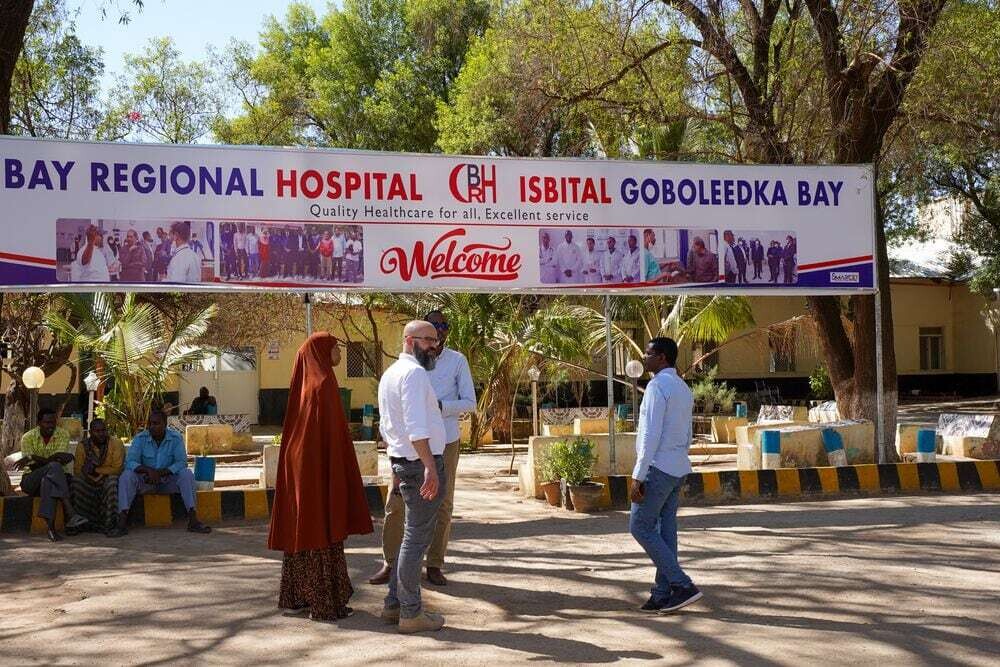
Mental health specialists, such as psychiatric nurses, psychologists, and psychiatrists, ensure the quality of care in this field. In Somalia, Somali communities, resilient in the face of adversity, need empowerment to provide mental health support. Vulnerable groups such as women, the elderly, children, and people with disabilities are disproportionately affected by mental health issues, worsened by a lack of funding, trained professionals, supplies, and limited data in a fragmented healthcare system.
The World Health Organization (WHO) estimates that 13% of populations affected by conflicts suffer from mental disorders, ranging from mild to moderate forms of depression, anxiety, post-traumatic stress disorder, bipolar disorder, and schizophrenia. In this context, the humanitarian response must integrate mental health care into broader emergencies, such as food and water distribution, to prevent despair from taking hold of individuals.
Amid conflicts, displacements, and crises, the mental health of Somalis is severely impacted. The lack of specialized services, along with social issues and discrimination, lays the groundwork for disorders such as depression, stress, psychosis, and substance abuse. The humanitarian response, although well-intentioned, often neglects the mental wellbeing of those affected, inadvertently exacerbating mental health problems.
In collaboration with local organizations, Doctors Without Borders (MSF) provides psychosocial care, counseling, and specialized support, reaching more than 38,000 people through educational group activities. Testimonials collected in Somali districts reflect the challenges of violence, climate change, and extreme poverty, which bring additional layers of psychological trauma.
Efforts to integrate mental health into the humanitarian response are important but insufficient, as many people with severe disorders do not receive adequate care. Collaboration with the Ministry of Health and training community workers are key to offering emotional and practical support to those in need. The reconstruction of mental health in Somalia is crucial for the future of the country, along with measures such as psychological first aid and strengthening community support networks.










